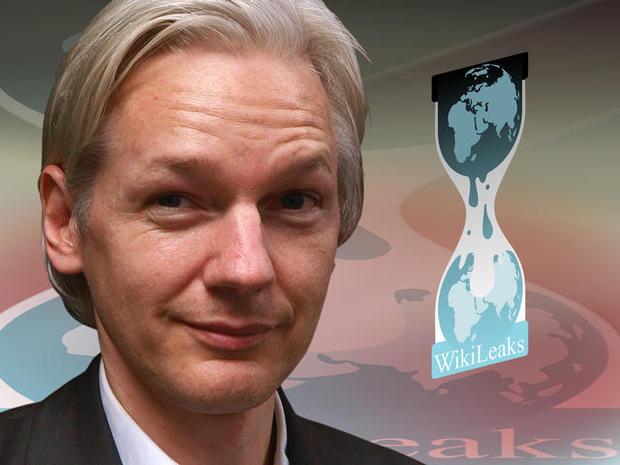NYTimes: U.S. Trying to Build WikiLeaks Conspiracy Case
The United States is trying to build a conspiracy case against WikiLeaks founder Julian Assange, the New York Times reports. Prosecutors are searching for evidence of "collusion in his early contacts with an Army intelligence analyst suspected of leaking the information."
The Times reports that the Justice Department is trying to ascertain whether Assange encouraged or helped Pfc. Bradley Manning, the man alleged to have given the documents to Assange, to release classified information, including military and State Department files. Manning is currently being held in solitary confinement at Quantico.
An online chat log in which Manning supposedly claims to be communicating directly with Assange is being scrutinized as possible evidence of conspiracy.
Assange has been held for more than a week in a British prison on a Swedish sex crimes warrant. The WikiLeaks founder was to appear in court Thursday in London, where a judge is expected to rule on a legal appeal blocking his release on bail.
While it was originally reported that the appeal blocking Assange's release on $316,000 bail came from Swedish prosecutors, a Swedish justice official told The Guardian newspaper that it had come entirely from the British prosecutor's office, as Sweden holds no sway over the British courts.Finding a way to charge Assange with a crime in the United States has been difficult. The Computer Fraud and Abuse Act of 1986 and the Espionage Act of 1917 have been used to go after computer hackers and leakers before, reports the Times. Thus far it's clear only that Assange received leaked information and then passed it on via WikiLeaks.
Referencing multiple interviews, the Times writes, "By bringing a case against Mr. Assange as a conspirator to Private Manning's leak, the government would not have to confront awkward questions about why it is not also prosecuting traditional news organizations or investigative journalists who also disclose information the government says should be kept secret -- including The New York Times, which also published some documents originally obtained by WikiLeaks."
